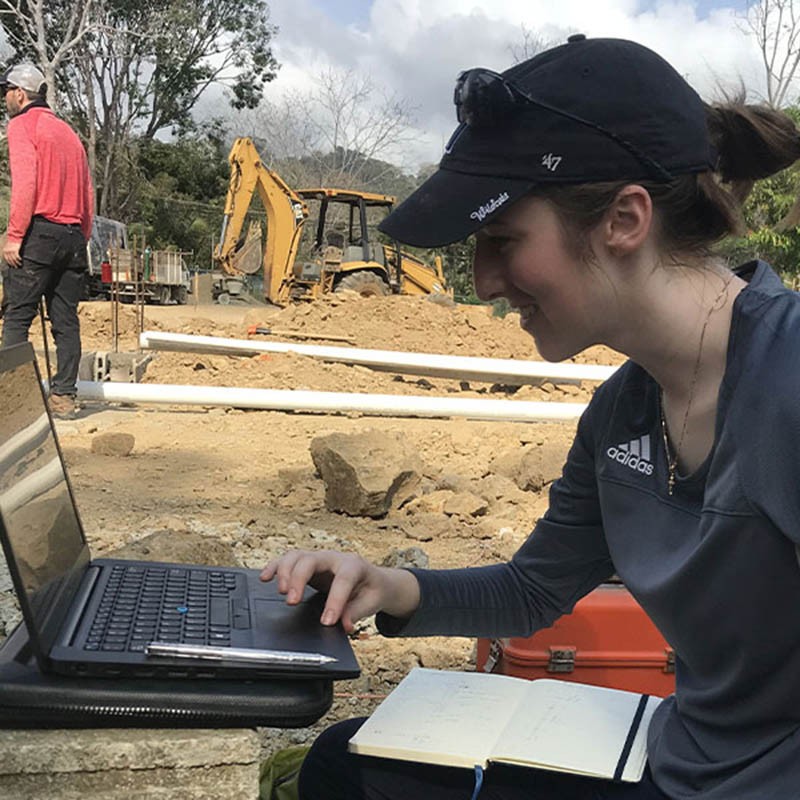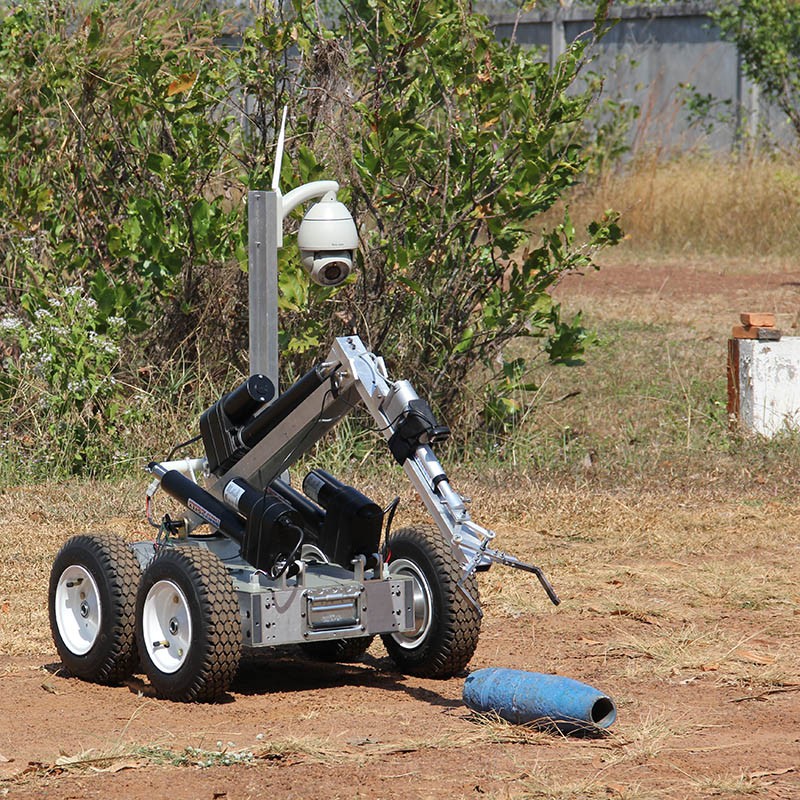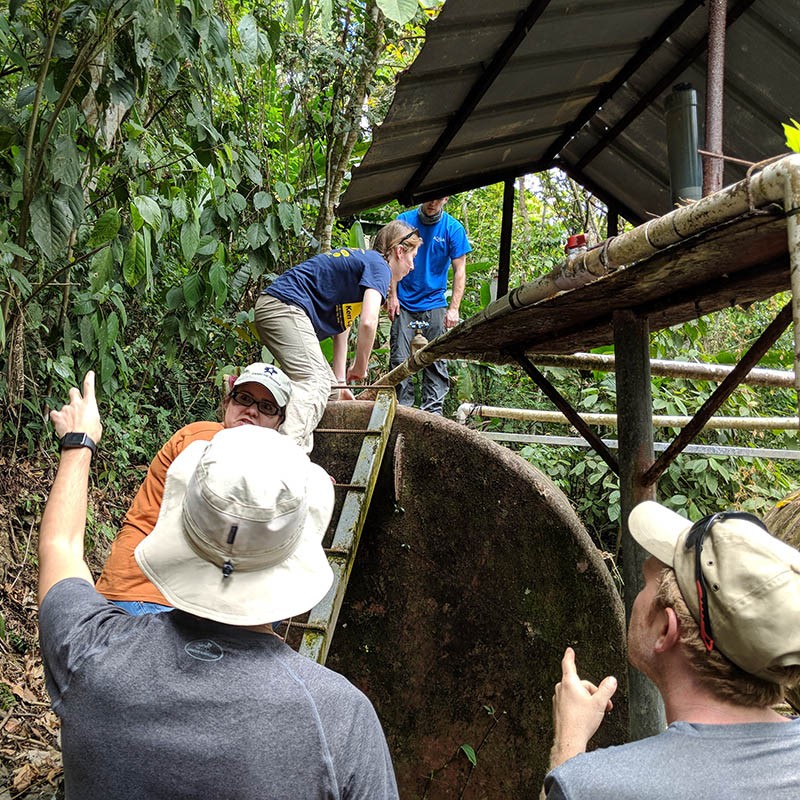CENTER FOR HUMANITARIAN ENGINEERING AND INTERNATIONAL DEVELOPMENT
Established in 2020, Villanova’s Center for Humanitarian Engineering and International Development engages students in unique learning opportunities that reinforce engineering fundamentals, a commitment to life-long learning and service to society.
It positions the College and University among nationally recognized institutions that demonstrate excellence in education by creating innovative learning experiences with a global perspective.
With ethical engagement as its guiding principle, the Center will focus on three key program areas:
CURRICULUM

The Center delivers a rigorous curriculum in the context of global humanitarian issues through a new Humanitarian Engineering minor and an International Development track within the College’s Sustainable Engineering graduate program. Equipped with academic fundamentals and the engineering design process, students and faculty members will engage with global partners to address complex challenges that are rooted in ethical engagement.
RESEARCH

Research efforts are rooted in ethical engagement including appropriate coordination with international agencies and university compliance. The Center also provides new opportunities for multi-disciplinary collaborations and offers faculty the necessary support to successfully engage with international partners, funding agencies and field teams.
Current research initiatives:
- Water and sanitation infrastructure
- Humanitarian technologies
- Renewable energy resources
OUTREACH

The Center is focused on building partnerships with in-country non-profit organizations involved in community development work—an effort that formally began in 2011 with the Villanova Engineering Service Learning (VESL) program. VESL currently provides opportunities for undergraduate and graduate engineering students to engage with program partners in 12 countries around the world. Engagement occurs at multiple levels across all departments and programs.
